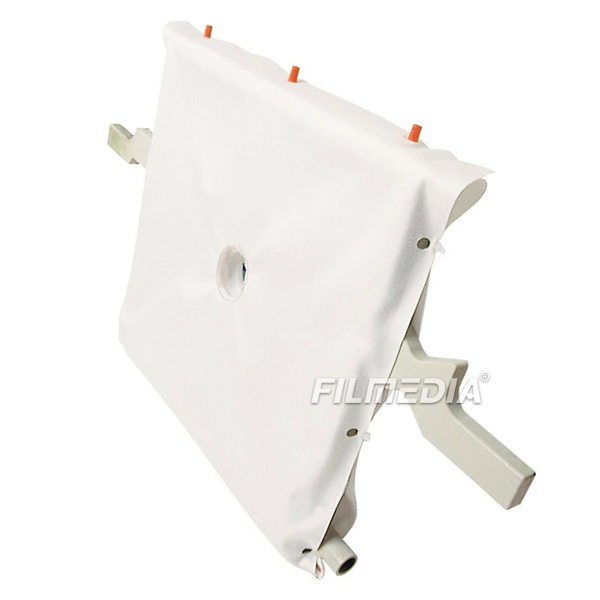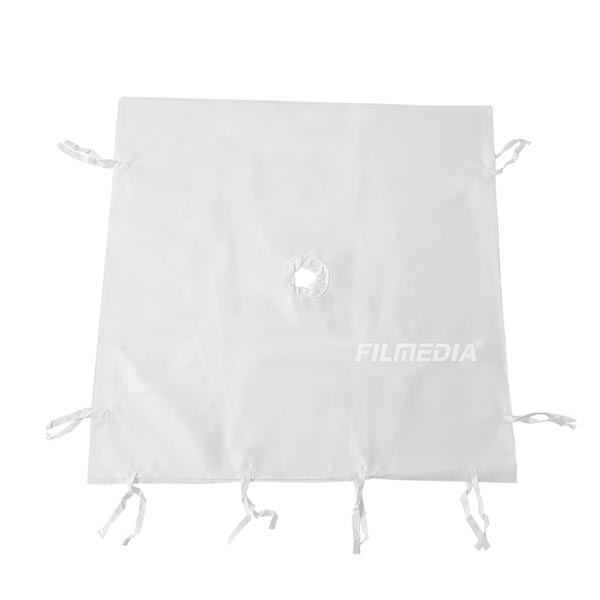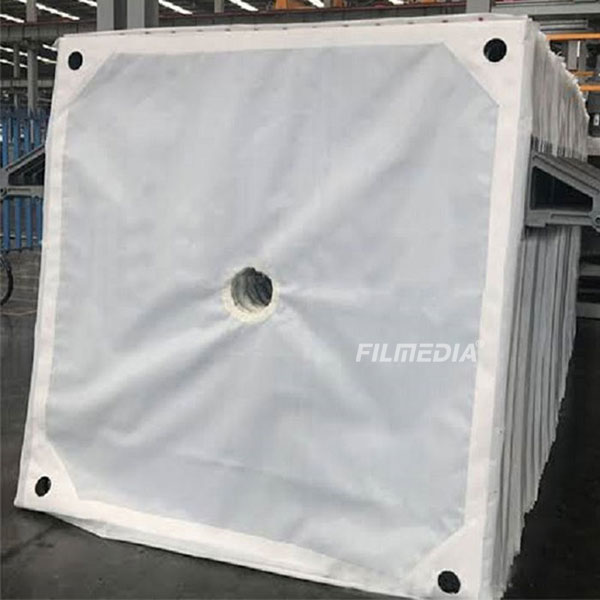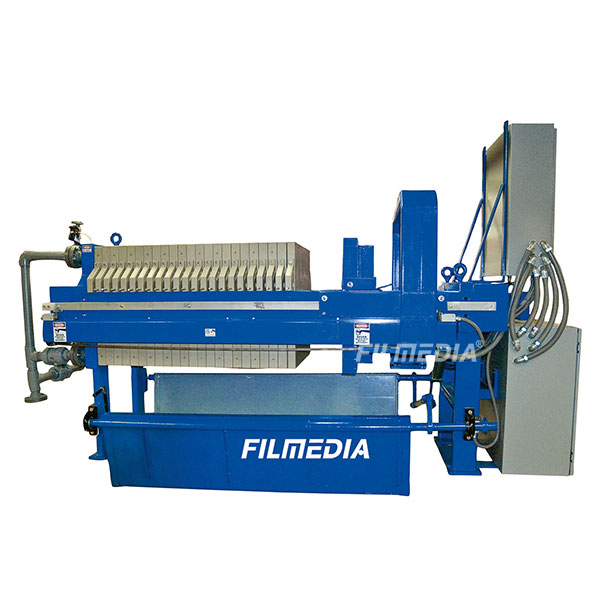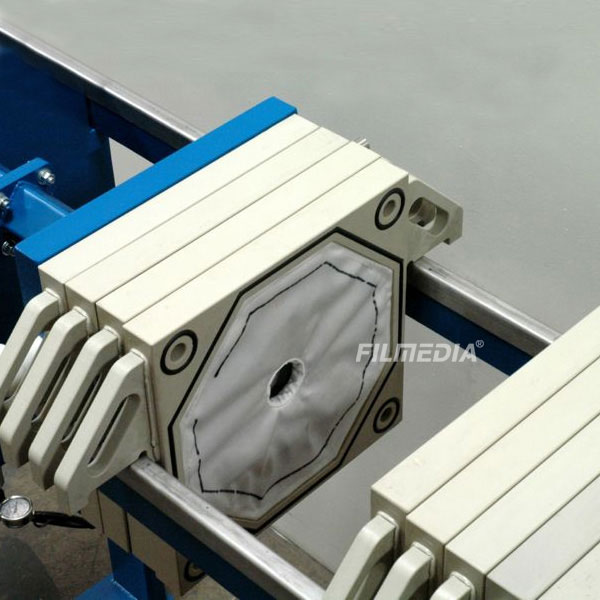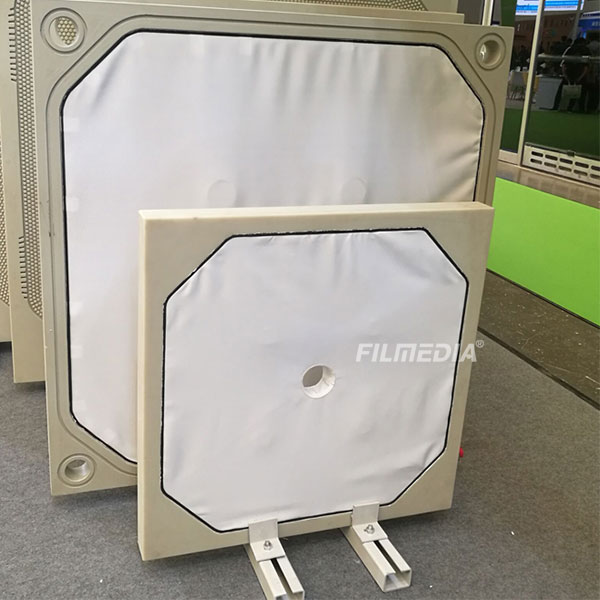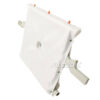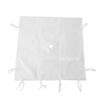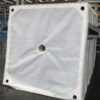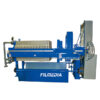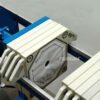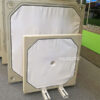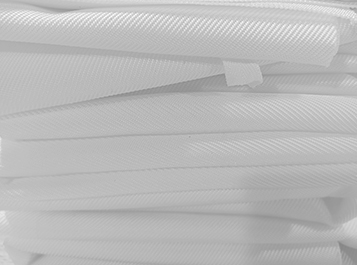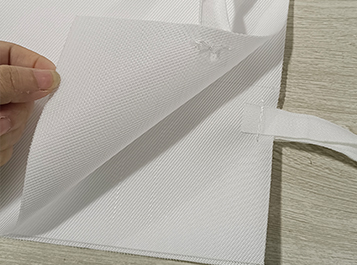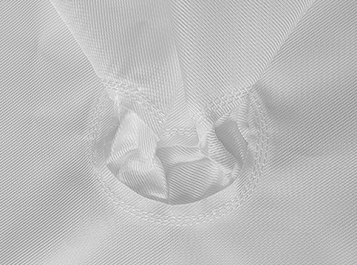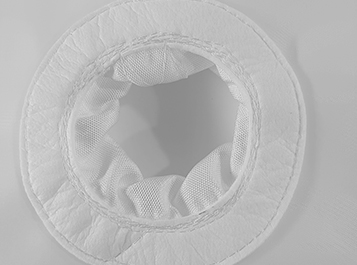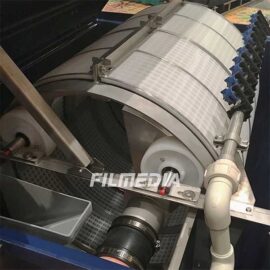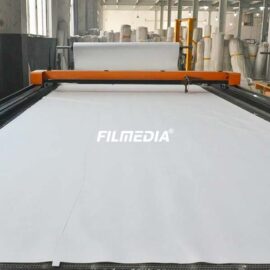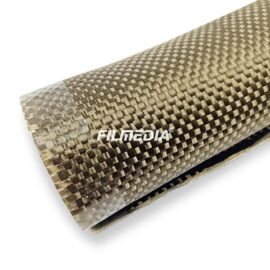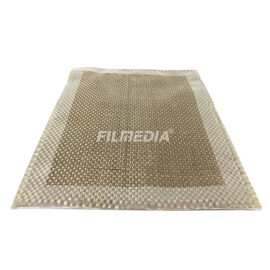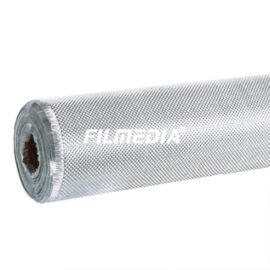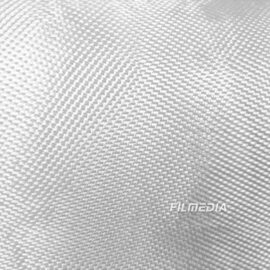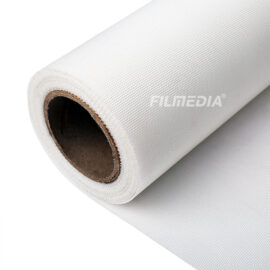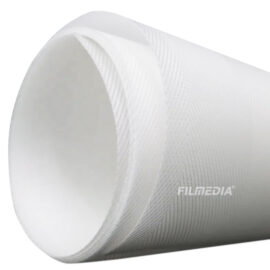The filter press cloth is the most widely used, covering almost all industrial filtration. We have about 80 kinds of filter press cloth. They are designed for satisfying the demand of filtration applications through the material, yarn type, weaving process, finish, etc.
- Capacity: 1200 pcs/day.
- Support Customization.
- Material: PE(Polyester), PP (Polypropylene), PA, PE(Polyamide).
- Woven Fabric Weave: plain weave, twill weave, satin weave.
- Weaving Methods: Plain, Twill, Satin.
- Cloth Codes Most Widely Used: ES-P19130, ES-NXM, ES-750A, ES-750B, ES-750AB, ES-3927, ES-108C, ES-621, ES-P8733…
Description
The filter press cloth is adapted to the needs of the customers, such as plate dimensions, cake weight requirement, particle retention or productivity. We have a fully-equipped laboratory having standard or specially designed apparatus in order to replicate the customer‘s process so that we can analyze the behavior of our fabric in all conditions.
Technical Parameters for Several Common Use Cloth
| Product Code | Material | Yarn Type | Weight (g/m²) | Thickness (mm) | Air Permeability
(L/m²/S @200pa) |
| ES-19130 | PP | Mono/Mono | 340 | 0.545 | 10 |
| ES-P8733 | PP | Mono/Mono | 550 | 0.8 | 65 |
| ES-YLJ-S | PP | Mono/Mono | 310 | 0.56 | 100 |
| ES-NXM | PA | Mono/Mono | 420 | 0.6 | 950 |
| ES-PDFS80 | PP | Mono/Multi | 560 | 0.9 | 80 |
| ES-750A | PP | Multi/Multi | 380 | 0.75 | 18 |
| ES-750B | PP | Multi/Multi | 420 | 0.85 | 65 |
| ES-750AB | PP | Multi/Multi | 600 | 1.13 | 25 |
| ES-3927 | PE | Staple/Staple | 550 | 0.91 | 15.8 |
Material Selection
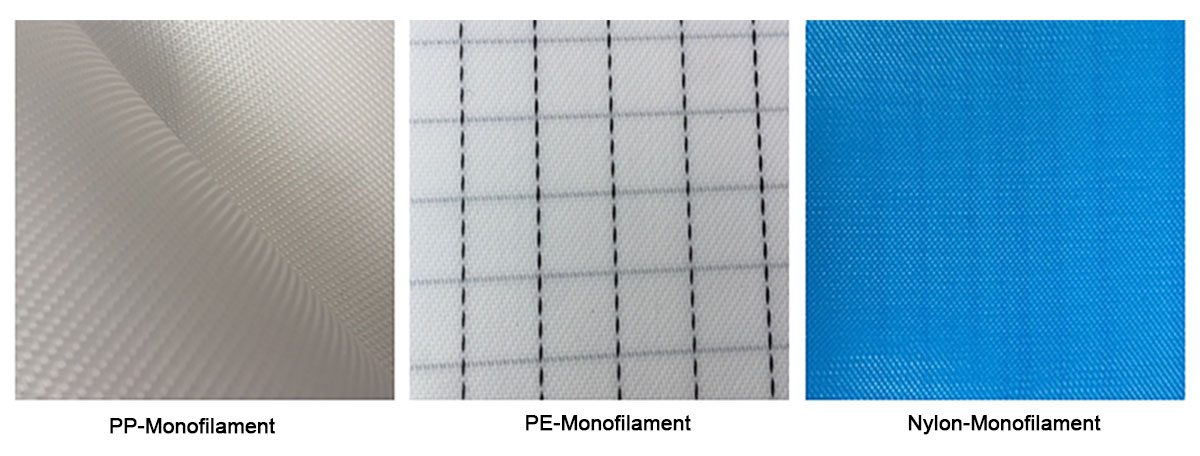
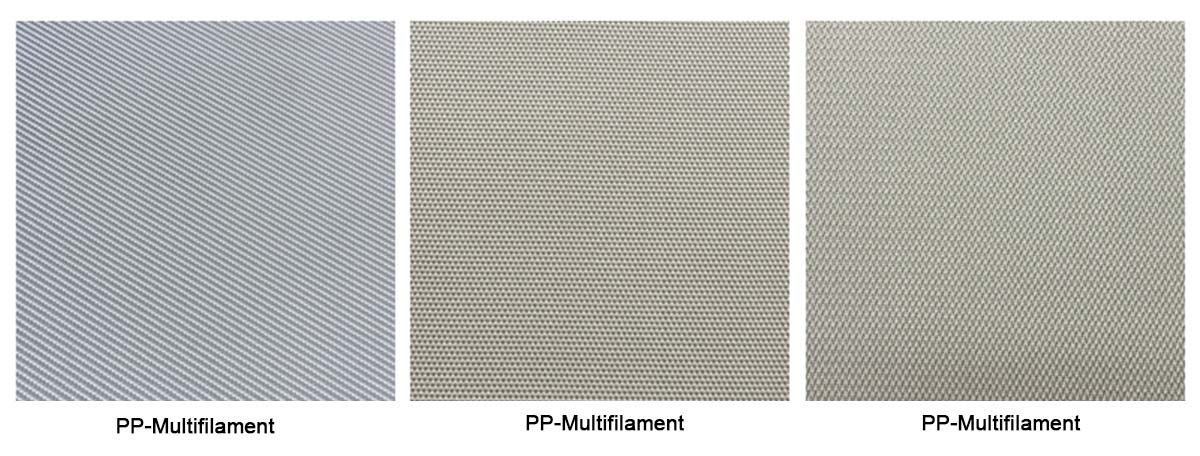
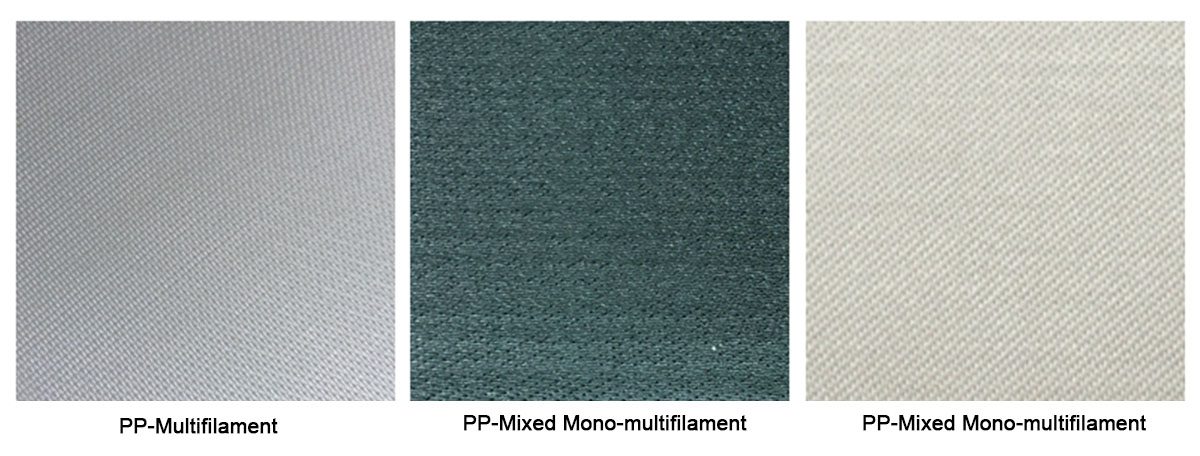
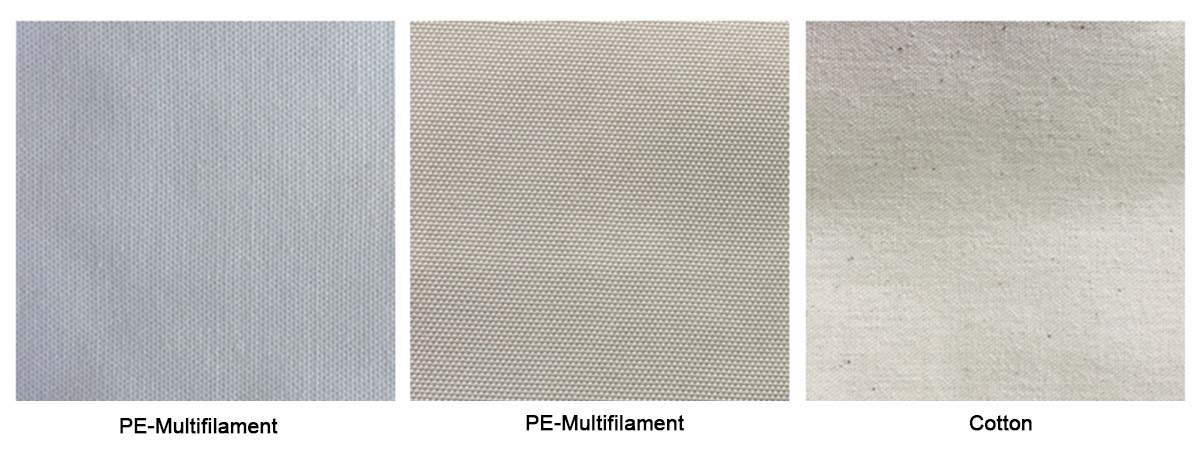
Applications
The filter press cloth we produce is widely used in continuous production environments such as alumina, phosphate fertilizer industry, cement, smelting, chemical industry, chemical fiber, etc., and in the smelting of non-ferrous metals such as zinc oxide, cobalt oxide, alumina, potash fertilizer, nickel cobalt ore, manganese ore and other minerals. , dye chemical industry, coal mining and other industries. It can be used in belt filters, vacuum drum machines, (flat disk, turntable, vertical disk) filters, leaf filters, candle filters, closed filters, presses and other equipment.
- Sludge Dewatering
For urban and industrial sludge dewatering, there are many different ways of preparing the sludge (mainly coagulation and flocculation). Mineral filter aids, such as ferric chloride and limes or polymers, are commonly used. FILMEDIA solutions for filter press applications take these requirements into account, while also including two other crucial success factors: fast filtration cycles and low labor costs.
- Beer, cane and beet sugar, oil, wine
In many food and beverage applications, we can have enough supply of products during seasonal production peaks. (e.g. the sugar industry).
- Color pigments, silicates, zeolites, coal, TiO2, and other mined and quarried materials
In terms of quality and productivity, FILMEDIA satisfies the required high level of performance by using strong woven cloth, adapting the correct pore size to the application. Specific chemical components like solvents, oxidants, an abrasive slurry, or a heavy cake, Filmedia products offer the reliability of the filtration process.
Our Product Advantages
- High Quality Fabric
Our filter press cloth is made of high-quality fabrics with even pore size distribution, high filtration efficiency and durability.
- Stable Performance
It has good soaking performance and good chemical stability to polishing fluid, and can be used stably for a long time in the range of -40℃~120℃.
- Exquisite Workmanship
Using advanced equipment, precision laser cutting, three-car five-line synchronous machine, the sewing is firm.
- Wide Range of Applications
The filter press cloth we produce has high strength and can adapt to the requirements of various filtration equipment such as self-gravity filters and vacuum filters.
In order to give you a responsible quotation, Please inform us of the following information:
- The filter press drawing.
- The present cloth specification.
- The material you are going to deal with.
- The size of solid.
- The granularity of the final products are you going to achieve.
- The capacity per batch(L) you are going to achieve.
- The solid percentage (%).
- The filter temperature.
- The PH value.
- The power.

